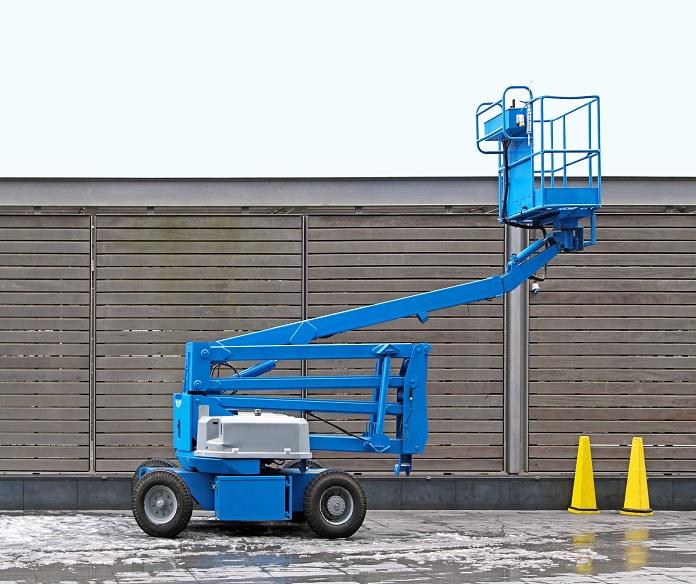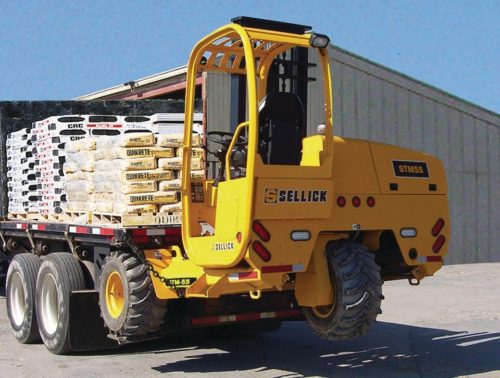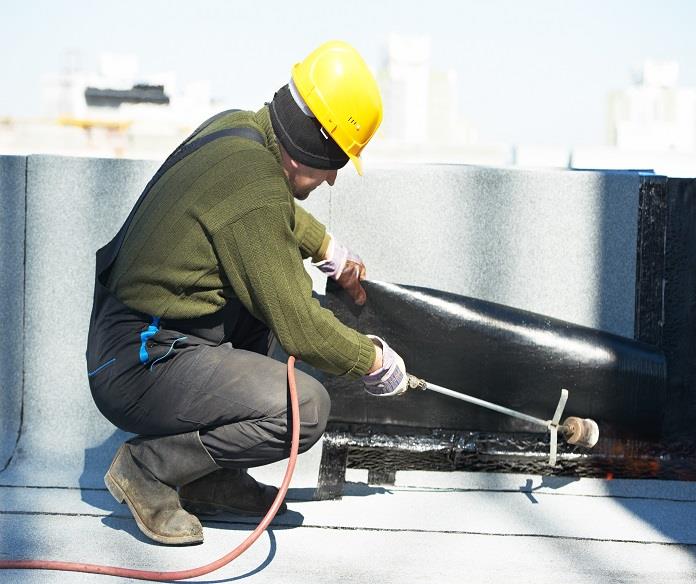In the bustling construction and industrial landscapes of Ontario, the demand for skilled operators of heavy machinery, such as telehandlers, is on a significant rise. Gaining a telehandler certification Ontario not only broadens your employment opportunities but also ensures you are equipped with the knowledge to operate these versatile machines safely and efficiently. This article delves into the importance of telehandler training and how it can elevate your career to new heights.

The Gateway to Enhanced Safety and Opportunities
Telehandlers, with their ability to lift, move, and place materials in a myriad of environments, are indispensable on many job sites. However, with great power comes great responsibility—the importance of proper training cannot be overstated. Telehandler training Ontario serves as the gateway to not only mastering the operational techniques but also understanding the critical safety protocols to prevent accidents and ensure a secure working environment for everyone on site.
Why Pursue Telehandler Certification?
Safety First: The primary objective of telehandler certification is to ensure the safety of the operator and all personnel on the job site. The training covers all necessary safety precautions, emergency procedures, and risk assessment techniques.
Increased Employability: Employers are more likely to hire certified operators, knowing they have undergone rigorous training. This certification can set you apart from other candidates, showcasing your commitment to your profession and safety standards.
Higher Earning Potential: Certified telehandler operators often command higher salaries due to their specialized skills and commitment to safety. Investing in your certification can lead to financial benefits in the long run.
Regulatory Compliance: In Ontario, employers are required to ensure that their operators are adequately trained and certified. By obtaining your telehandler certification, you help your employer comply with provincial regulations, reducing the risk of legal issues and fines.
Where to Get Certified?
Choosing the right training provider is crucial. Your training should be comprehensive, covering both theoretical knowledge and practical skills. It should be conducted by experienced professionals who can impart real-world insights and tips.
As you consider your options for obtaining your telehandler certification in Ontario, it's essential to select a program that offers both in-depth training and flexibility to accommodate your schedule. Similarly, for those looking to enrol in telehandler training in Ontario, the program should be designed to cater to both beginners and experienced operators, ensuring all participants can operate telehandlers safely and efficiently under various conditions.
In conclusion, pursuing telehandler certification and training in Ontario is a strategic move for anyone looking to advance their career in the construction, manufacturing, or industrial sectors. Not only does it enhance your safety knowledge and operational skills, but it also opens up a myriad of job opportunities with better salary prospects.
To discover more, head to our website.







